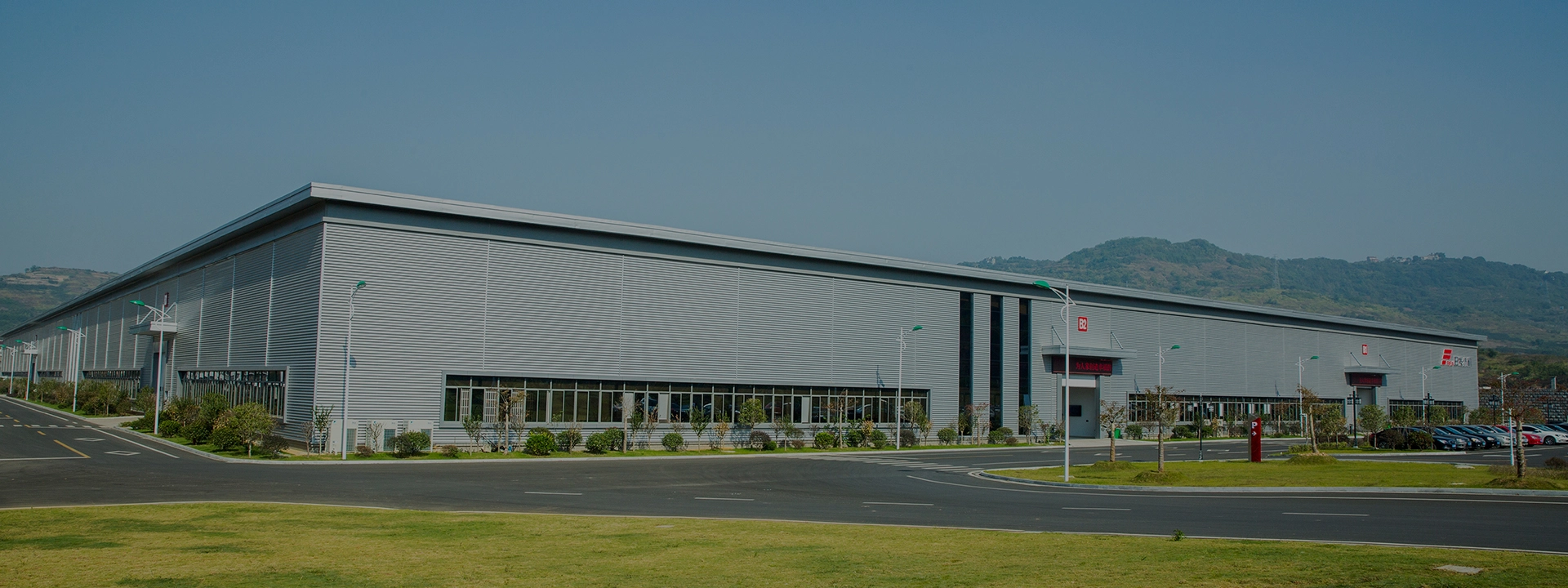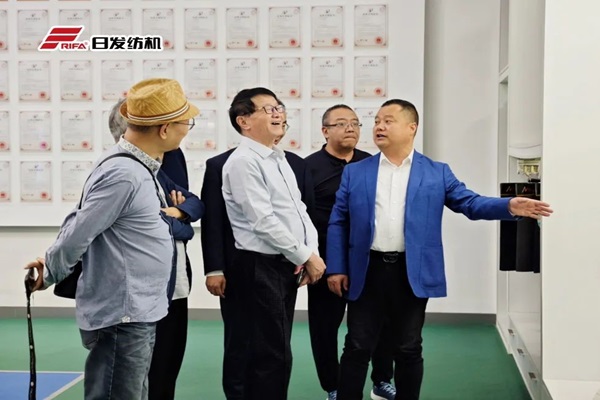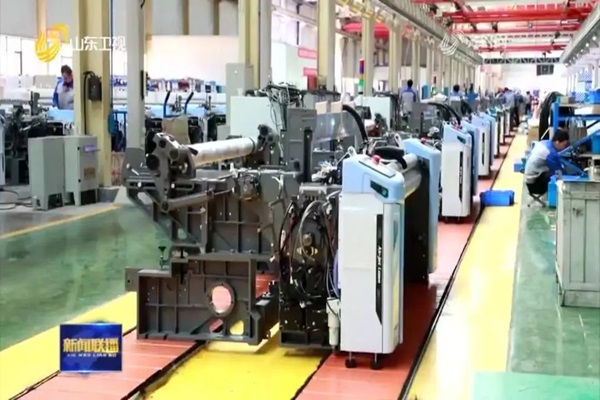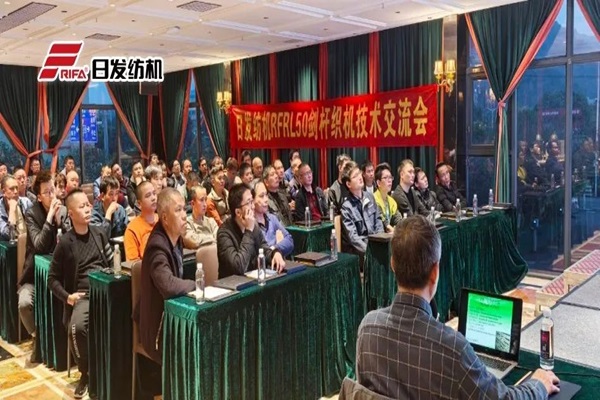En

Non-woven machines can produce a wide range of fabrics with different properties, from lightweight and breathable to thick and durable. This allows manufacturers to cater to diverse market needs.
Non-woven machines often have high production speeds, allowing for large volumes of fabric to be produced quickly. This can lead to increased productivity and cost savings.
Some non-woven making machines can process recycled or biodegradable fibers, contributing to more sustainable production practices. Non-woven fabrics also often require less energy to produce than woven or knitted fabrics, making non-woven fabric slitting machines a more environmentally friendly choice.
Yes, most non-woven fabric making machines can handle a variety of fiber types, including natural fibers like cotton and wool, as well as synthetic fibers. However, the specific capabilities can vary by machine, so it's important to check with the nonwoven textile machinery manufacturers.
Safety precautions include wearing appropriate protective gear, ensuring the machine is properly grounded to prevent electrical shocks, and keeping the work area clean and free of debris. Regular maintenance checks should also be conducted to ensure the machine is in good working condition.
Yes, some non-woven slitting machines can process recycled fibers, making them a more environmentally friendly option for fabric production.



